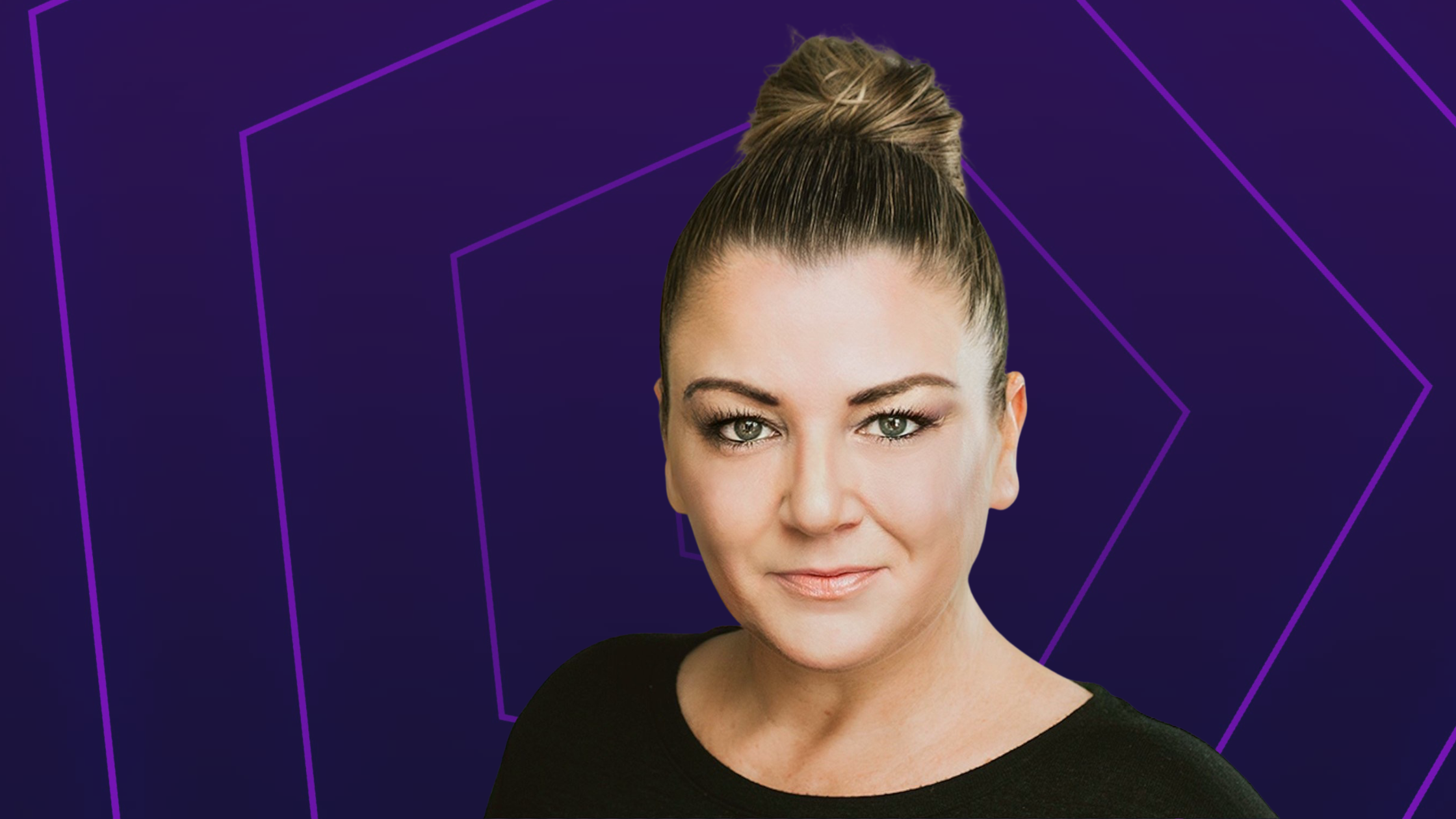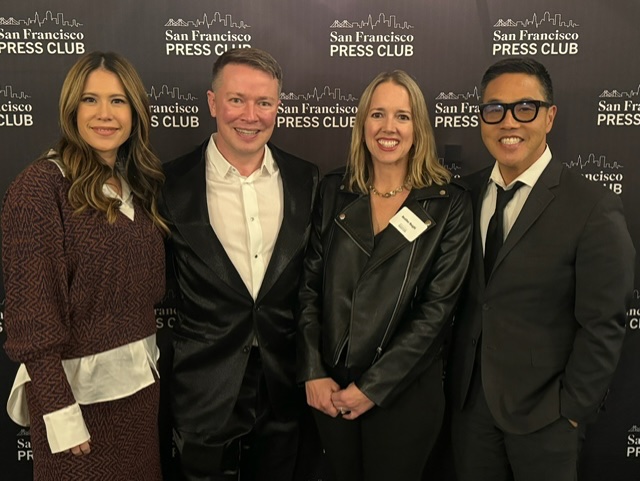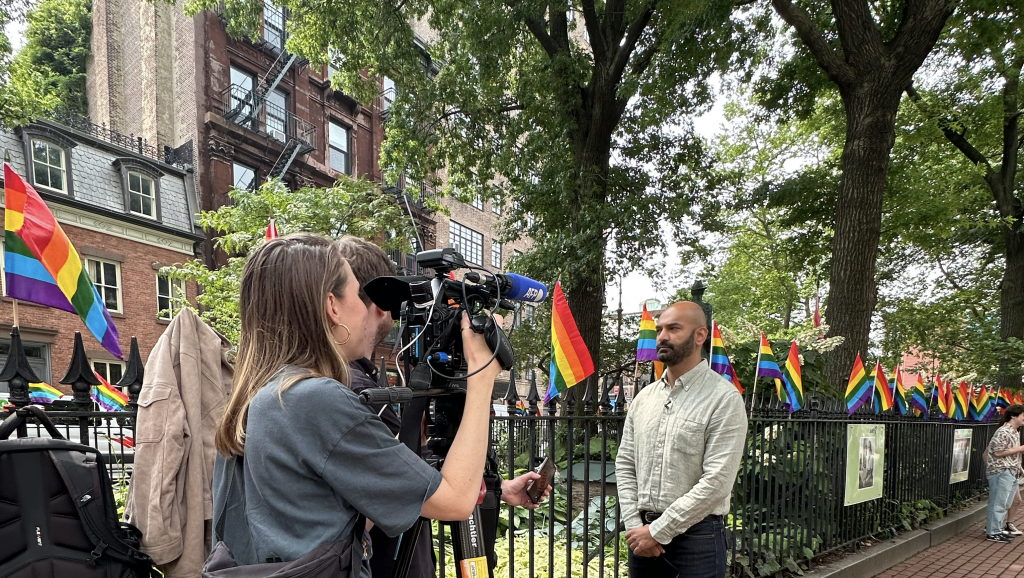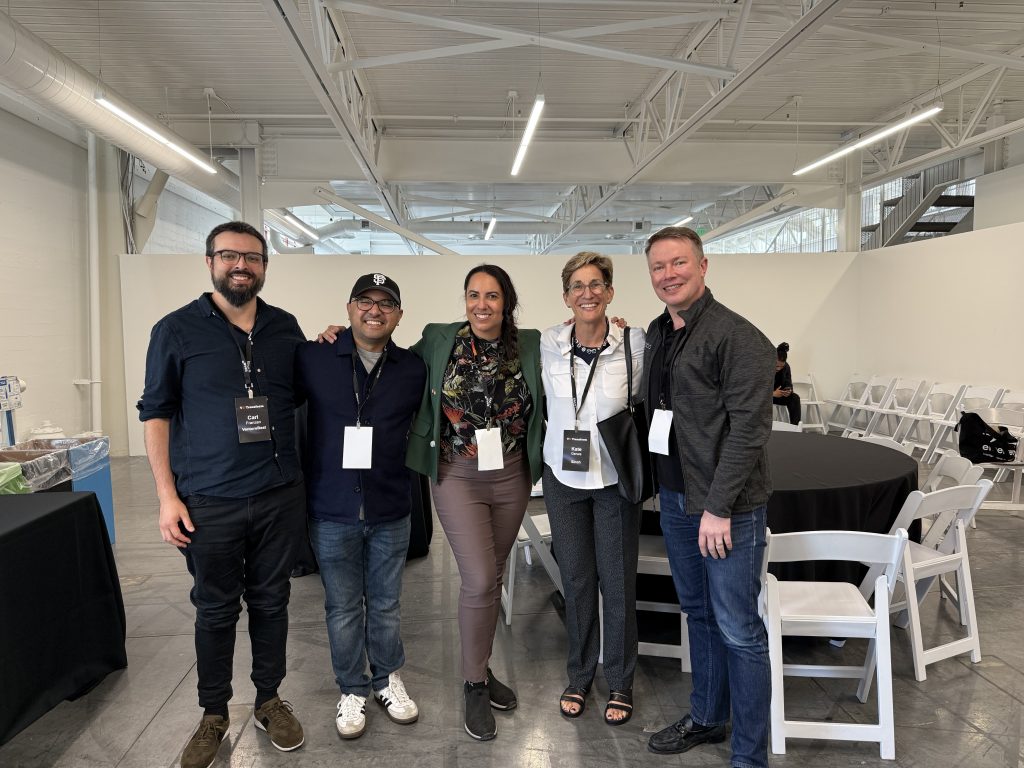SVP Denyse Dabrowski explains why aligning in defining success, agency-client chemistry, doing research and fun are all critical for clients and the PR professionals who serve them.
Why were you promoted to Bospar’s leadership team?
I’m an agency brat. That’s all I’ve ever done, so I’ve had the benefit of seeing how different agencies approach client service and new business. Each is different, and they all aspire to be the best, but there’s a real risk if you don’t keep reinventing yourself. “Business as usual” is comfortable, and it doesn’t require you to stretch yourself as much. At Bospar, we’re constantly asking ourselves how we can do better regardless of what we’ve accomplished. But that doesn’t just happen. If you’re going to constantly improve, you can’t treat success like a destination.
How did you start your career? Did you take the usual route and get a degree and then look for a job?
When I was in college, I wanted to take advantage of an internship working for Frank Mankiewicz, who used to be Bobby Kennedy’s press secretary. He started NPR and the Peace Corps. I was his personal assistant. People like Connie Chung would call.
In those days, we didn’t have a database login. I had to read print magazines, so I learned to do PR programming in an era where the internet didn’t exist. Now, we have all kinds of sources of information online, and I’m all over it because I want to understand who our clients are, what they do, and why they do it, so I can have a smart conversation with them. I’ve always thought that was just part of the job.
What does a client partnership mean to you?
I love that. And is it important? Yes. So important because it’s all about chemistry. If you have good chemistry, clients are more willing to trust you and take your advice. That’s important to me because quite often we’re helping clients navigate company politics, the market and the competitive landscape.
I think it’s all about chemistry, including the little things. Our job is to make clients’ jobs easier. If you have a true partnership with a client, then you will make them look good to their superiors. They should get all the credit because they’re the ones in charge of managing the relationship.
What I like best about client partnerships is that they consider you a member of their internal team, a person they can rely on. If you’re going to be that person, you need to understand which trends are impacting your client, so you can provide them with counsel that’s appropriate in context.
What’s the difference between a smart question and a not-so-smart one?
Never ask a client a question that can be answered easily just by looking at their website. I want to see a product demo. I want to meet with the sales teams and ask questions. If you get that stuff up front it allows you to do the fun stuff like discovering new story angles and new newsjacking topics, for example.
How much should PR professionals know about their clients?
The most valuable person on the team is the person who knows the most about their client. You can never take that person off the team, because that’s the person the client gravitates toward, and that’s how you get promotions.
Sometimes when working in tech, you’ll have clients that have a mature technology, so a gee-whiz approach isn’t going to work. I like to put a fun spin on it, and creativity is a hallmark here at Bospar. Not all ideas fly, but it’s fascinating when they work well. At least, you’re showing your willingness to go the extra mile to get clients the attention they crave. You’re also showing the client how you think, which they tend to appreciate. In fact, the number of brainstorms we’re doing with clients is on the rise because they know we can be creative and strategic about how we approach media relations.
It’s also wise to ask clients and prospects how they define success. Otherwise, you could “succeed” on your own terms but will have failed in the client’s eyes. If you’re working as partners, you’re cooperatively problem-solving.
What makes for effective leadership?
I’m respectful of employees’ time and talents, and I love it when they feel the same because we’re both learning from each other. If I’m your boss, I’m going to be your champion and buffer so you can be happy at work and advance your career. I’ll stand up for you, even if you mess up.
I think it’s important to make teams feel as though they’re working together on something. You’re there for them. You’re going to protect them. You’re going to serve them.
What role does culture play in client relationships?
Our culture is very similar to the work that we do for our clients, where we’re constantly pushing ourselves. We’re trying to show clients all the fun news stories and creative hooks because sometimes their news can be boring.
Everyone here is such a good person and doing things for the right reasons. We have a really nice spirit of collaboration that crosses over the client line. And I think because of that, clients feel like they’re part of our team and vice versa. Some clients say, “This is so much fun! I love how Bospar is the best part of my day.” What better compliment can you get?
Bospar is both creative and strategic, though many agencies are one or the other. How do you define creative? How do you define strategic?
For me, a strategy is not that we’re going get you in the news. That’s a tactic. For example, if you’re pitching Crockpots, then cooking shows are obvious, but if gas stoves are going to be banned, then perhaps we should talk about sustainable cooking. It’s taking things to the next level so you can leverage the news that’s happening. I think being strategic is asking the right questions and not accepting answers like, “We don’t have competitors.”
Creativity is how we do that. Sometimes companies want to create news by hosting a charity event, and we’ve done a lot of those, but they don’t always get the media attention companies seek. So, what else could you do? You could field a survey so we can tell a story with numbers or create a soccer app and then ask a prominent psychologist to explain how watching game footage affects a 12-year-old’s brain.
How important is mentorship?
I had the best mentor. She was one of those women who would say, “Girl, you need to learn how to golf because that’s where all the good stuff happens. Do it or you’re going to get left behind.” She was amazing. She got me my job at Fleishman-Hillard because she’d been lobbying for raises and promotions and wasn’t getting anywhere; she thought I was wasting away. Sometimes mentorship is helping people change roles.
Mentorship is helping people become the best they can be, whatever that means to them. A mentor is someone who can influence someone else’s career in a positive way, but, for me, it’s as much a learning experience as it is a teaching experience.



